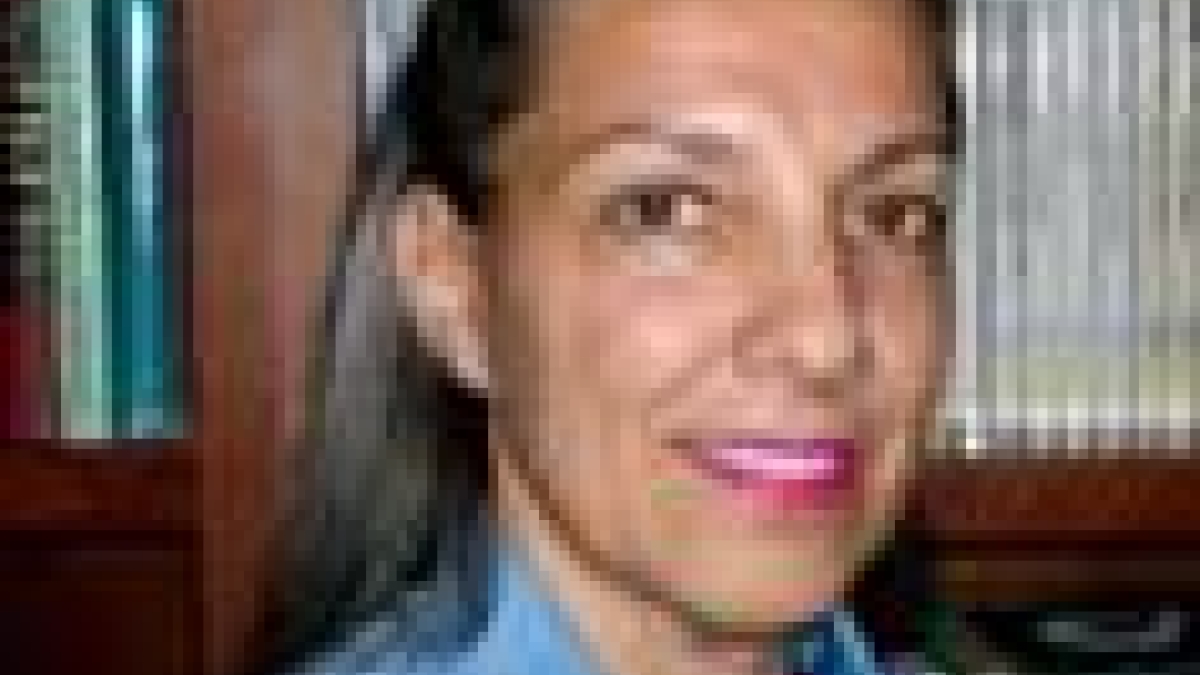Native lands: economic resource or tribal treasure?

How do Native American tribes develop their lands for economic gain, yet still try to maintain their native culture?
This will be the topic of a free lecture from 1 to 2 p.m., Nov. 5, at Arizona State University’s Deer Valley Rock Art Center, 3711 W. Deer Valley Road, Phoenix.
The speaker will be archaeologist Barbara Jaquay, Her lecture is titled “The Changing Economic Resources on Arizona’s Indian Reservations.”
Jaquay said, “While no fence demarcates the boundary between the Native American reservation and a metropolitan area, a sharp boundary is readily apparent on the landscape. Since the legalization of gaming on Native American lands, land use and thus, the economic base, has changed for those tribal lands in proximity to a metropolitan area or on a major transportation corridor connecting two metropolitan areas.
“Other tribal lands must continue to develop their natural resources to attract real dollar inflow to the community and to provide jobs to tribal members. Outdoor recreational activities of camping, fishing, and hiking will always attract the outdoor enthusiast, but the economic gain is low in comparison to tribal lands near metropolitan areas which can lease their land for economic gain or build gaming facilities.”
Jaquay has traveled to more than 40 countries on six continents to study archaeology and history. She has written about Middle America and Arizona Native Americans, and is currently working on projects and ublications aobut Arizona, funky/folk art, Easter Island, Machu Picchu and the Cumberland National Road.
The lecture is made possible by the Arizona Humanities Council. Seating is limited; first come, first serve.
The Deer Valley Rock Art Center has the largest concentration of Native American petroglyphs in the Phoenix Valley. Visitors hike a quarter-mile trail to view more than 1,500 petroglyphs made between 500 and 7,000 years ago. The museum aims to promote preservation, connection and respect for the site and is a destination for families to learn about archaeology in their own backyard. The Center is managed by one of the top archaeology programs in the country – the School of Human Evolution and Social Change, in the College of Liberal Arts and Sciences at Arizona State University.
More information is available at http://dvrac.asu.edu or by calling (623) 582-8007.